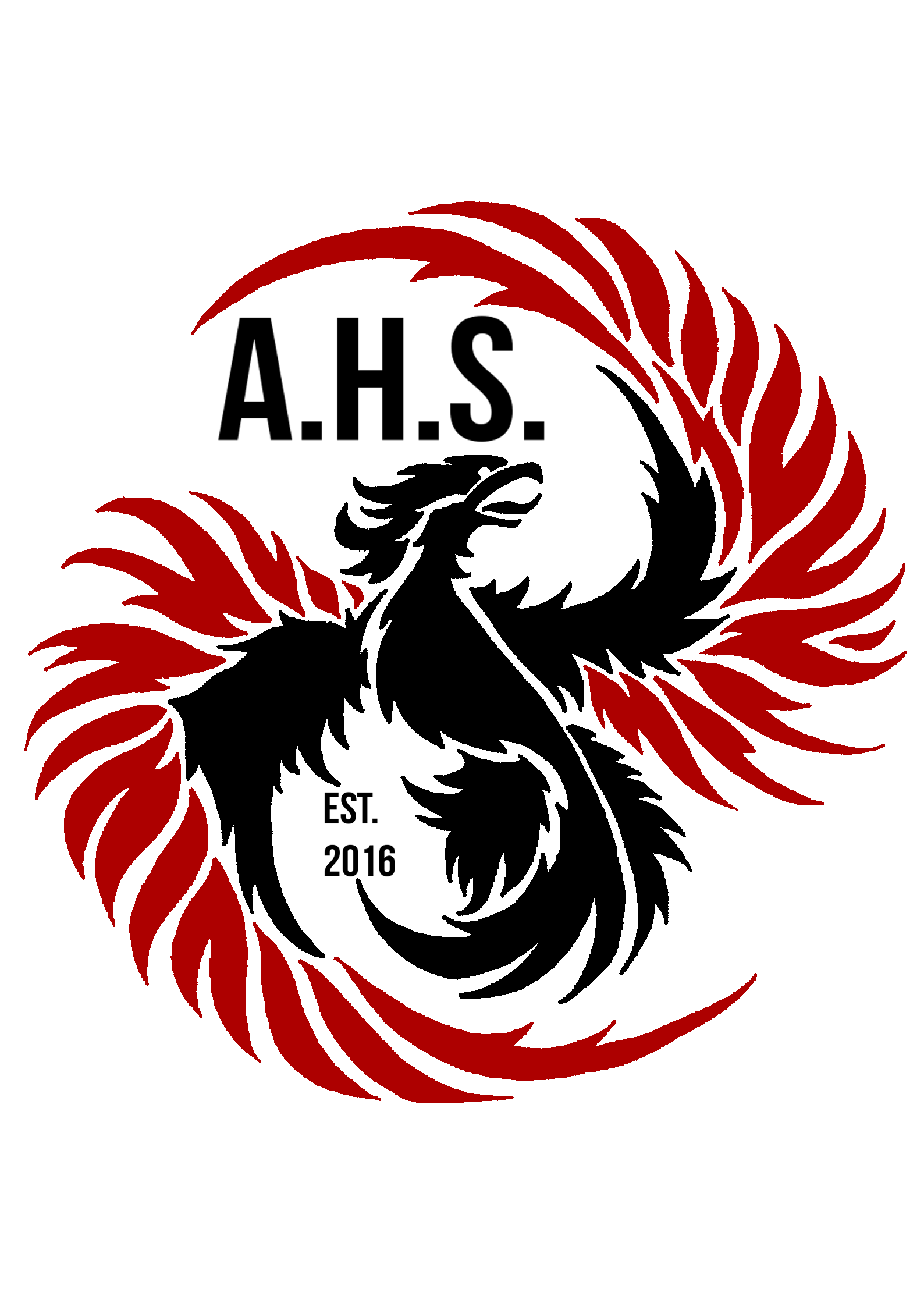Program Areas

The Pembina Trails Alternative High School offers Manitoba Curriculum courses at the grade 12 level. Students access the required credits as well as option courses to complete their regular high school diploma or their mature student high school diploma.
Course Descriptions:
Compulsory Courses
ELA40S: English offers a wide range of language experiences, focusing on both literary and transactional texts. Students will continue to develop communication skills by considering a variety of forms, including drama, poetry, fiction, and nonfiction prose. Students will write the Provincial Exam.
MES40S: Essential Mathematics is a course which emphasizes consumer applications, problem solving, decision making and spatial sense. It is intended for those students whose post secondary planning does not include a focus on mathematics and science related fields. Students will write the Provincial Exam.
***if you are interested in MAP40S or MPC40S please let us know.
Optional Courses
ART40S: Art may include advanced painting, drawing, sculpture, printmaking, installation, performance or experimental mixed media works. This course is inquiry based and student directed. Students will have choice and voice in their art making Emphasis will be placed on the development of a process journal and artist statements for each piece. For students planning on entering post secondary studies in fine arts, portfolio requirements can be incorporated into coursework
CWMH40S: Cinema as a Witness to Modern History, this course will engage students in an exploration of the connections among cinema as an art form, cinema as a product of history, and cinema as an interpreter of history. Students will respond to and discuss the aesthetic and emotional elements of cinema and will apply historical thinking concepts to the analysis of historical themes as represented in various films and other sources. Throughout the course, students will apply critical media literacy skills in order to understand that film does not simply reflect the past, but interprets and retells the past and, at times, reconstructs it.
FN40S: Foods and Nutrition 40S will provide students with opportunities that explore their relationships with food in both a theoretical and practical way that can enhance one’s health and well-being. It provides knowledge and skills that have immediate relevance to students’ lives, as well as lifelong applications personally, within families, in their communities and on a global scale. Students will complete outcomes in our classroom, a foods lab on campus at the University of Manitoba, through the food handlers’ course, and through field trips.
FS40S: Family Studies courses provide skills and knowledge in the areas of personal development, relationships, parenthood, diversity in families and aging. Students have the opportunity to increase their exposure and knowledge as to how individuals and families function in society during different stages in the life cycle. This course is run in a seminar format which includes various guest speakers and field trips. Seminar topics have included Healthy Relationships, Positive Mental Health, LGBT Themes, Eating Healthy on a Budget, The Brain, Sleep Hygiene, Financial Literacy/Taxes, EIA/Housing and KLINIC.
FNMI40S: First Nations, Metis, and Inuit Studies supports the empowerment of students through the exploration of the histories, traditions, cultures, worldviews, and contemporary issues of Indigenous peoples in Canada and worldwide. This course has a focus on experiential learning with many field trips and access to Miigizi Agamik on Campus at the University of Manitoba. Students also have access to our knowledge keeper and female elder.
LWT40S: Life/Work Transition students will spend 80 hours in a work experience to help them prepare for post secondary education and or the transition from high school to employment. Students who have not taken Life/Work Building 30S will begin the course in the classroom to help prepare them for the work placement. Upon completion of this course students will be able to enhance their resumes with new skills, volunteer experience and work references.
PE40F: Physical Education supports the development of student’s personal physical activity and fitness plans. Students will have access to the U of M Healthy Living Centre and all of its classes.
PSY40S: Psychology courses are designed for students who are interested in learning about human behaviour. An overview of topics include: Human Development, The Brain, Sleep, Learning, Memory, Motivation, Emotion, Personality, Sensation and Perception, Psychological Disorders and their treatment, and Social Psychology. Students will also gain insight into their own behaviour and that of others.
SCI(1)40S: Interdisciplinary Topics in Science focuses on inquiry into science and integrates not only the sciences but looks to other curricula to support the attainment of outcomes and skills. (September 2020-2021 start date)
Other Ways to Earn Credits
CFE (30G, 35G, 40G, 45G): Credit for Employment allows students to earn high school credit for paid work experience, to encourage and recognize the skills development and experience gained through employment. Students may earn a maximum of 2 CFE credits towards graduation.
COSE (41G): Community Service Credit, up to one high school community service credit may be earned, and used for graduation purposes. If you would like to achieve this credit by volunteering for an outside organization please speak with one of your teachers. One credit may be available to a student who participates in such an activity in the Senior Years for graduation purposes. Full credits are 110 hours, half credits are 55 hours of volunteer hours.
CULTEX (41G): Cultural Exploration Credit students can gain valuable educational experience by enhancing their knowledge of their own cultural origins or a cultural group that interests them through interaction with community members such as Elders and members of cultural organizations. The skills, knowledge, and attitudes obtained from such activities can increase a student’s self-esteem and maturity, strengthen cultural identity, and/or provide greater intercultural understanding and an appreciation of cultural diversity. One credit may be available to a student who participates in such an activity in the Senior Years for graduation purposes. Full credits are 110 hours, half credits are 55 hours.
RIT (10S, 15S, 20S, 25S, 30S, 35S): Reading is Thinking is designed to help students improve their skills in reading and critical thinking. Programming is individualized, focusing on students’ needs and interests. Students may earn up to three credits in Reading is Thinking. This course is pass/fail; students receive credit based on their demonstrated achievement of learning goals.
INFORM NET: Students have the opportunity of taking Inform Net courses online if they require courses outside of their regular classroom schedule. Inform Net offers core courses at the grade 9, 10, 11 and 12 levels, as well as a limited number of optional courses. Their website has the most up to date information on course availability. More information can be found on their website at www.informnet.mb.ca
MITT Manitoba Institute for Trades and Technology: Students from AHS are eligible to attend MITT and earn credits towards high school graduation. Students usually attend for half days, returning to AHS for academic courses during the other half day. Programs available at MITT may include: AutoMechanics, Culinary Arts and Design, Electrical Applications, Graphic and Print Technician, Hairstyling, Industrial Electronics, and Industrial Welding.
 Pembina Trails Alternative High School
Pembina Trails Alternative High School 
Please provide your question and email address in the fields below.
Your question has been successfully submitted.
CloseThank you.